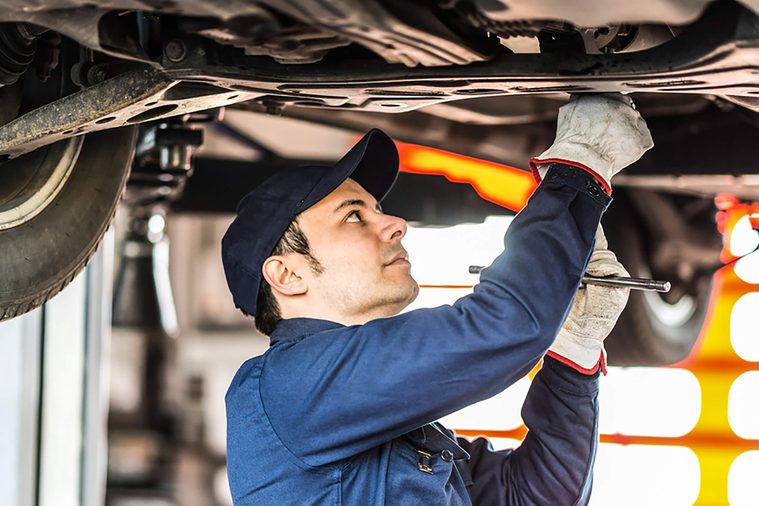
Watch out for scare tactics
Admonitions like “I wouldn’t drive this another mile” should be viewed with suspicion. You should also watch out for these other common scams you encounter every day.
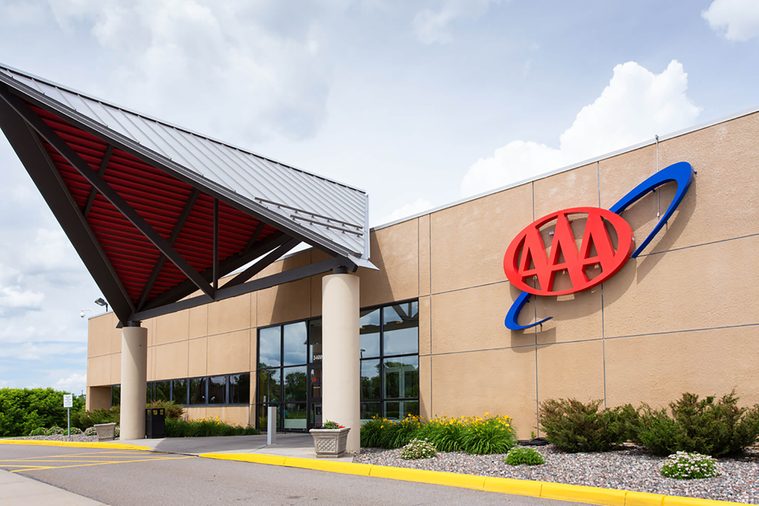
Admirable abbreviations
Check for ASE, National Institute for Automotive Service Excellence, or AAA (America Automobile Association) certification, as well as a state license. Reputable shops are proud to display them.
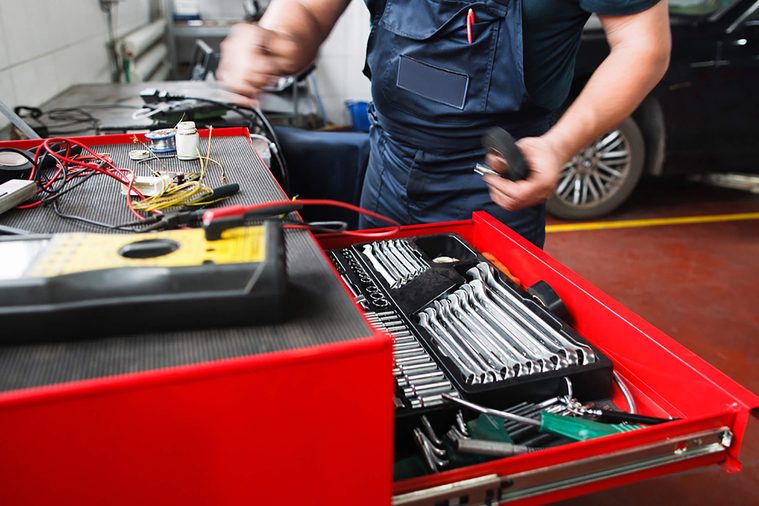
Ask, ask, ask
Ask for recommendations, years in business, warranties offered, licenses, and the type of equipment used. Look for a clean garage. A floor cluttered with empty oil cans, worn tires, and dirty rags is a red flag. .

Read before you sign
Never sign a blank authorization form. Always get a signed work order with a specific estimate for each job and warranties that apply.
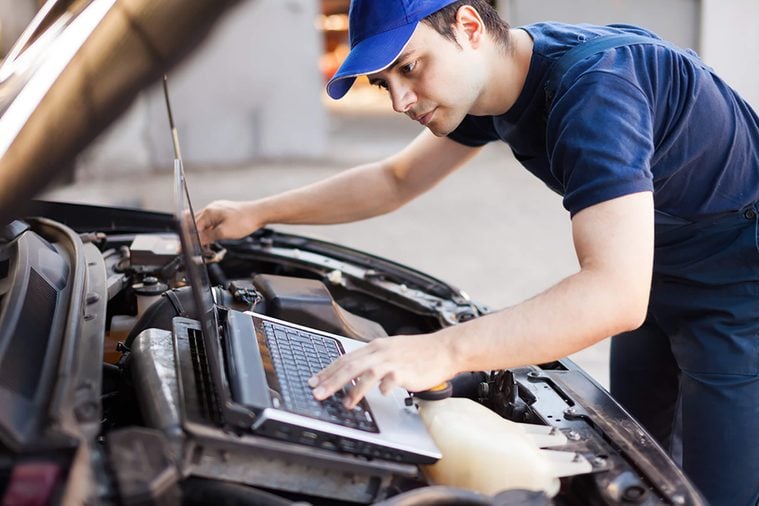
Tools of the trade
It’s nuts to take a car with engine problems to a shop without a good engine analyzer and scan tool. Any car mechanic who says “I don’t need fancy equipment” should be avoided.
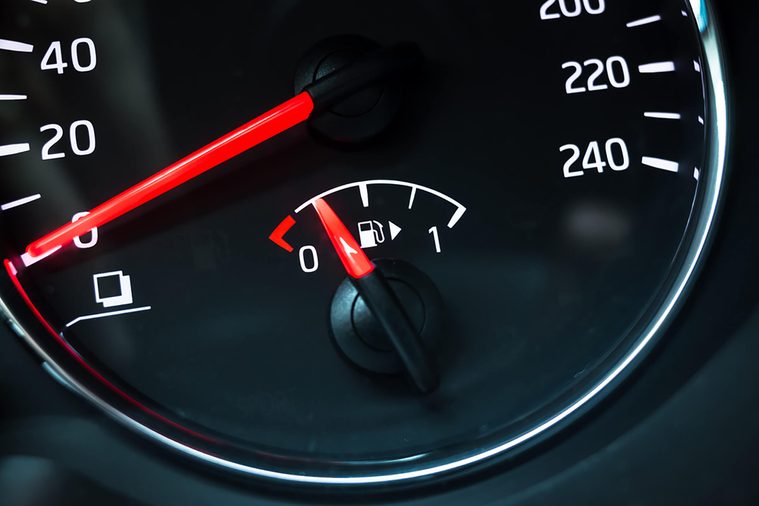
You get what you pay for
Synthetic motor oils may cost more, but you’ll get a lot more miles between changes.
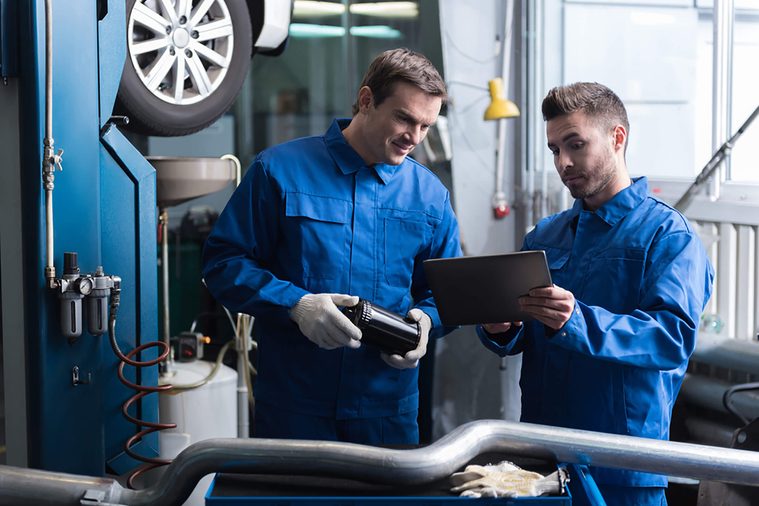
When you go for a second opinion…
…don’t tell the mechanic what the first diagnosis and price were.
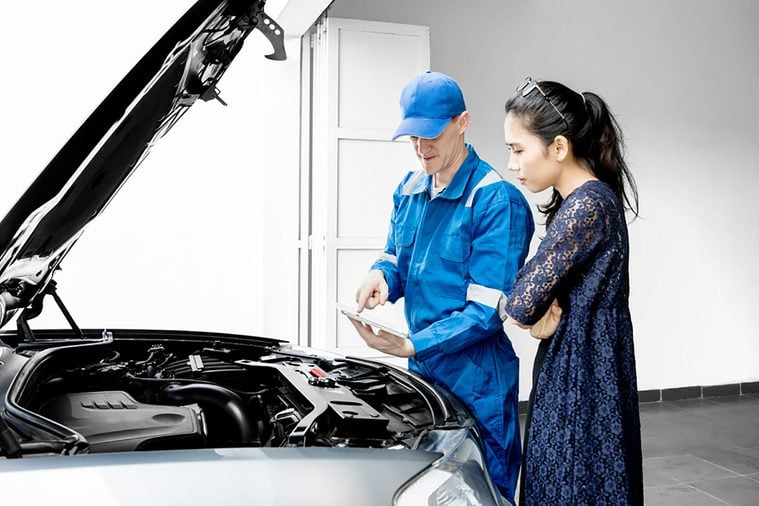
Costly gimmicks
Coolant flushes and power steering flushes are very common gimmicks at quick lubes. Check your owner’s manual; many cars have fluid that is designed to go 100,000 miles. And cleaning fuel injectors is a waste of time and money. There are additives on the market that do a great job. Watch out for these other ways you’re wasting money on your car.
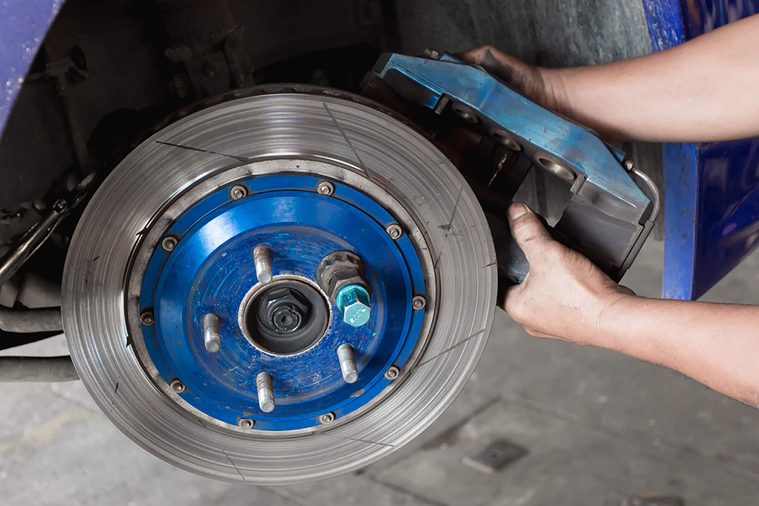
Give me a brake
Always ask for OE (original equipment) brake pads or at least equivalent material. A $49.95 brake job will usually get you the worst friction material you can buy—it’s the difference between stopping short and causing a pileup on the way to work. While you’re on the road, you should keep these things traffic cops won’t tell you in mind.
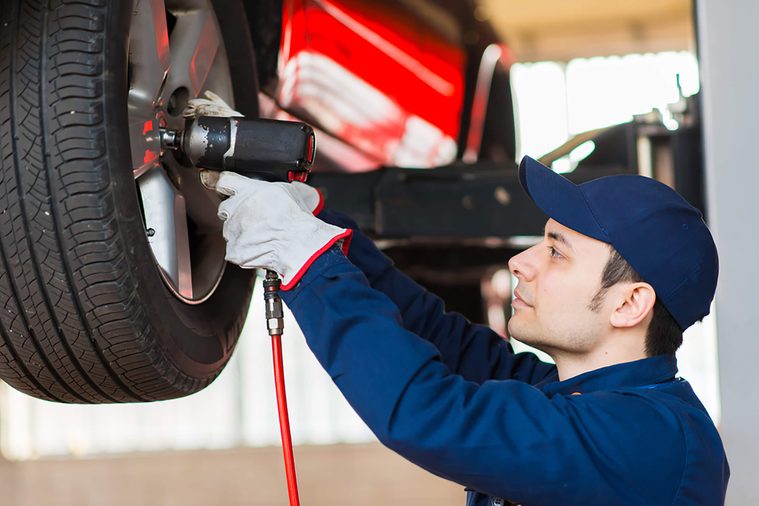
Tire check
Ask about your new tire’s “build date.” If you’re getting an unusually good deal, you might be receiving three-year-old treads, which is especially risky for snow tires.
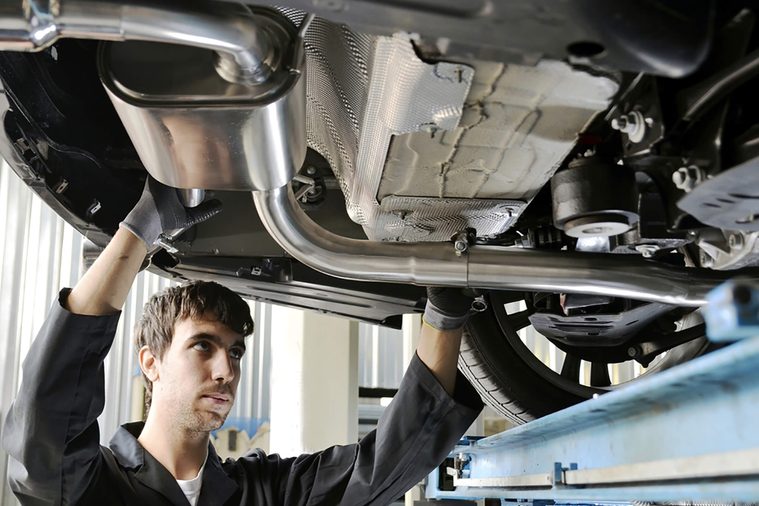
“Lifetime mufflers”?
What would ever make you think a muffler will last a lifetime? Yes, they’ll give you free replacements, but they’ll hit you over the head for expensive pipe repairs.

Consult your dealer…
…before you have work done on a catalytic converter or emissions parts. Some of these items carry a very long warranty, and free replacement is often required by law. Here are some car-buying secrets your dealer won’t tell you.
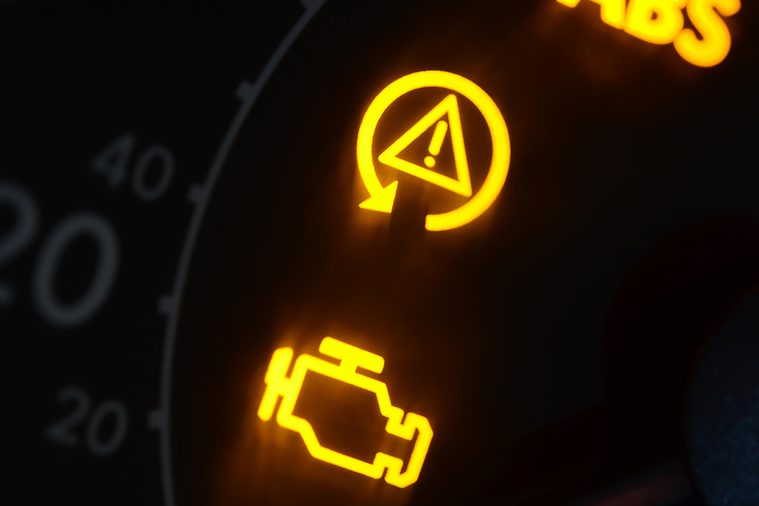
Light on your dash
It’s not OK for your “check engine” light to stay on all the time. It’s probably not “a loose gas cap.” You should know about the scary reason never to put your feet on the car dashboard.
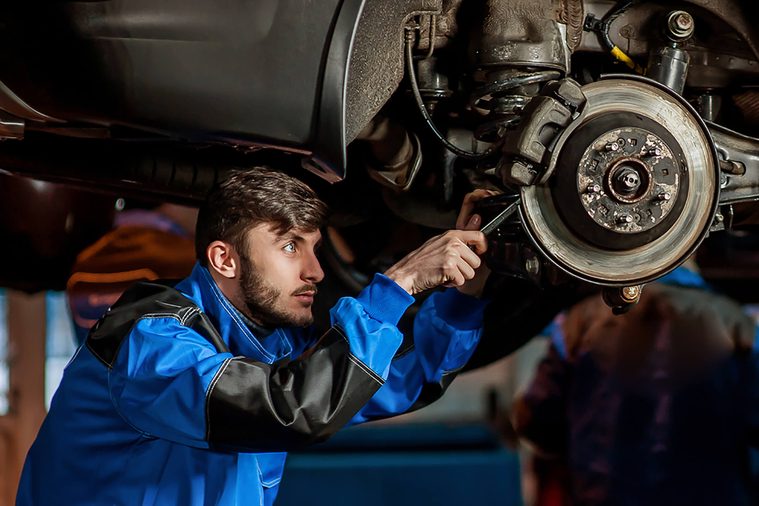
Don’t be duped by double labor
If a car mechanic offers to change your timing belt and water pump, question how long the job will take. Some will charge you double labor even though the second task is essentially done once the belt is removed.
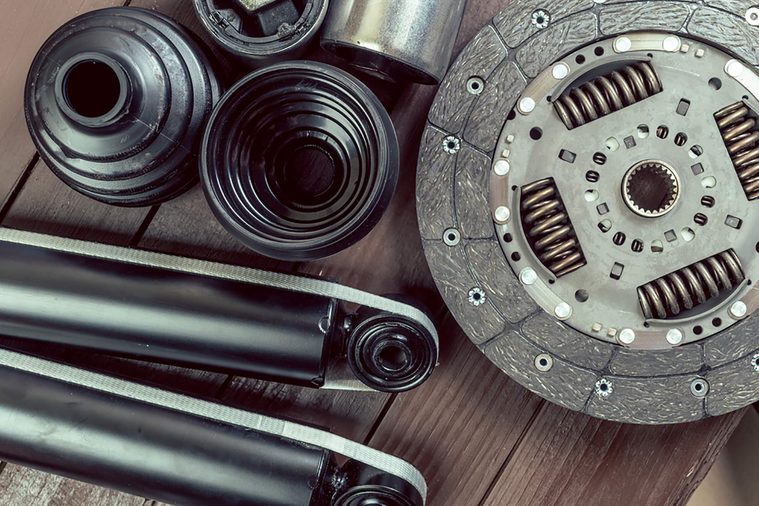
Always ask for your old parts back
This way you’ll know they’ve been changed, and you or a friend can tell if they’re worn. Watch out for these things you should never, ever do to your car.
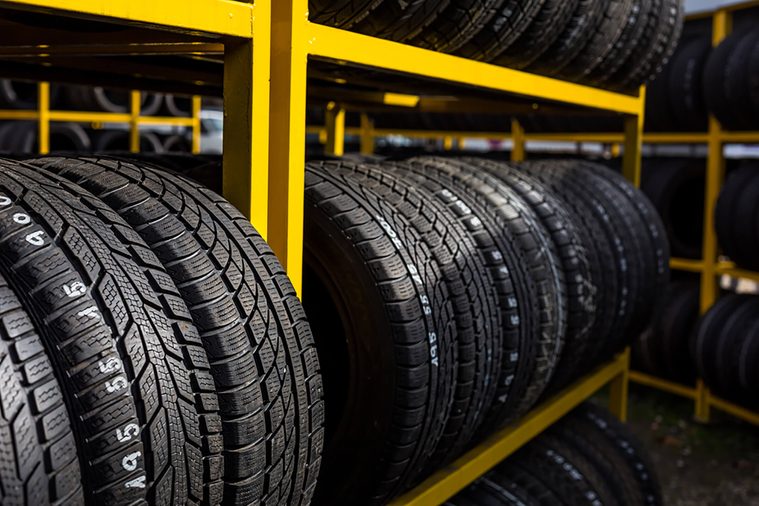
“Road hazard”
Be careful with “road hazard” warranties on tires. The shops may give you a free tire here and there, but eventually, they will soak you with unnecessary alignments or suspension replacements.
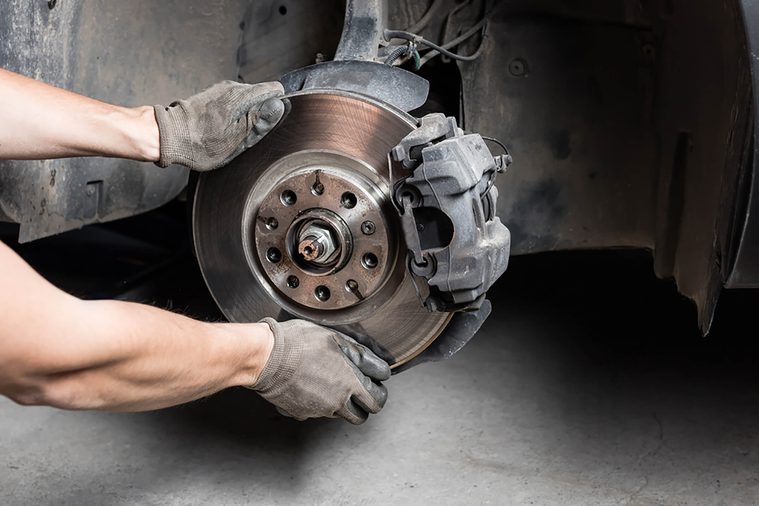
All brakes are not created equal
Ask for estimates on brake jobs. Many mechanics will use very cheap parts and mark them up. Good mechanics who understand cars will never skimp in this area.

Test drive
Have your car test-driven. A good test-drive is just as important as a regular service—it might mean the difference between simply needing brake pads and having a complete rotor replacement. Make sure you know about these reasons you could get pulled over that have nothing to do with speeding.
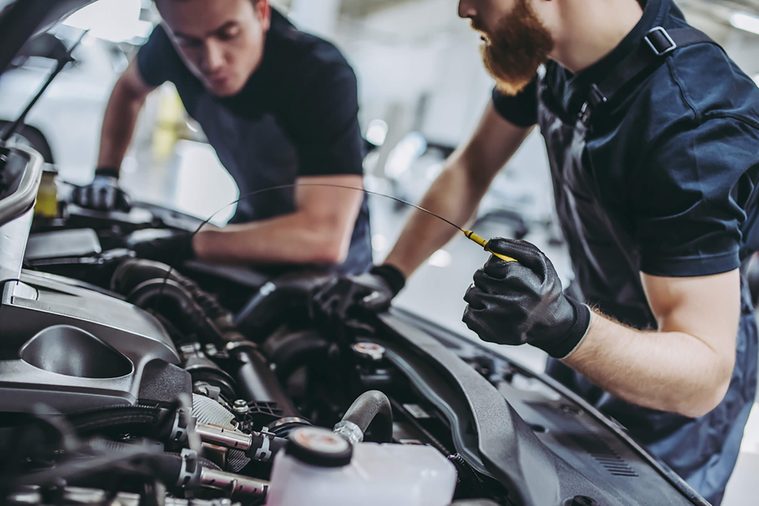
Find expert mechanics
Good mechanics, like good customers, are hard to find—communication is key. A good car mechanic will explain repair phases and give you choices.

Be wary of certified pre-owned cars
Usually in this business, the only thing that’s certified is that someone owned the car before you. Very little ever gets done on these types of cars. Here are some things you should know if you’re considering buying a car online.

When to go
Go early in the workweek. Don’t bring your car in on Friday afternoon, because the mechanics might rush the job to get out for the weekend.
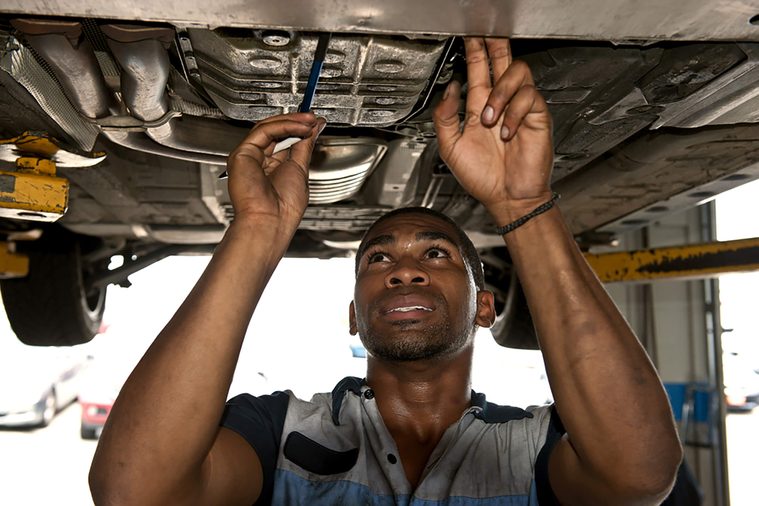
Don’t make a rookie mistake
Beware of a car mechanic who shows you a transmission pan with metal particles in it and recommends a major job. The shavings are usually a sign of normal wear.
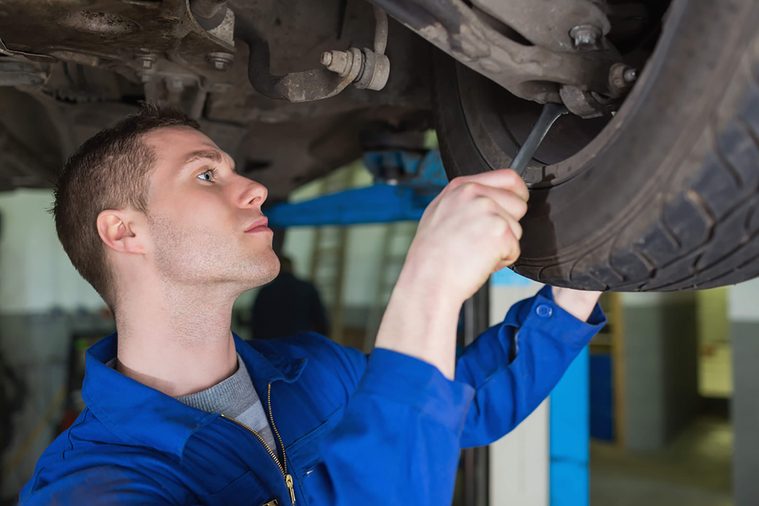
Familiarize yourself with tire tread
Before buying new tires, know what your state’s tread specifications are. Then have the mechanic measure the old tread with a gauge. Learn why tires are actually the most important safety feature of your car.
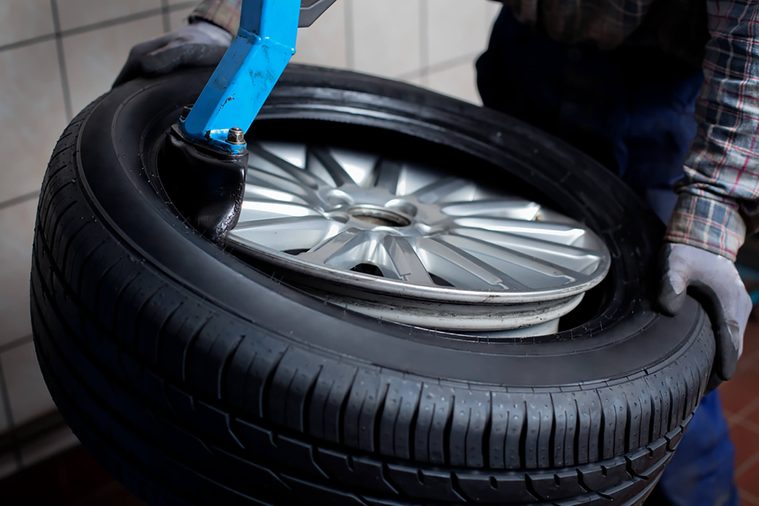
Too good to be true
Beware of false promises. Watch out for ads promising $100 brake jobs. No mechanic can make money on that. Watch out for these other scams masquerading as deals.
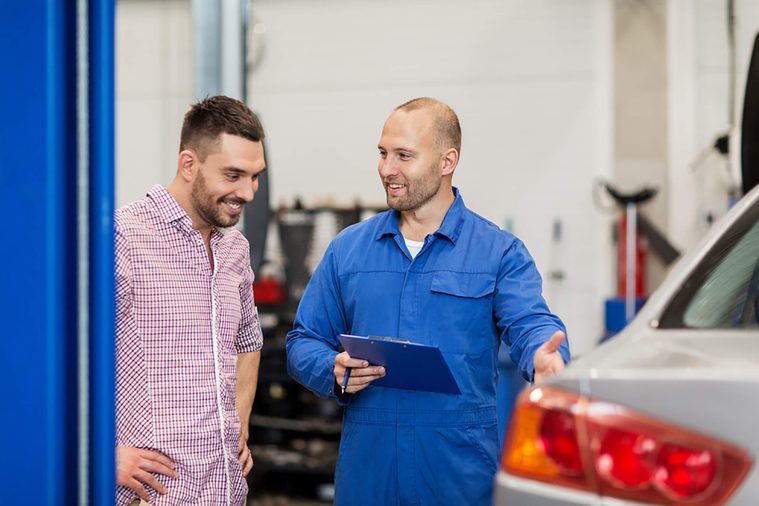
Scam alert
Weed out scams. Transmission flushes are one of the biggest scams going. Manufacturers don’t recommend them, and your car almost never needs one. Here are some of the most common car repair scams.
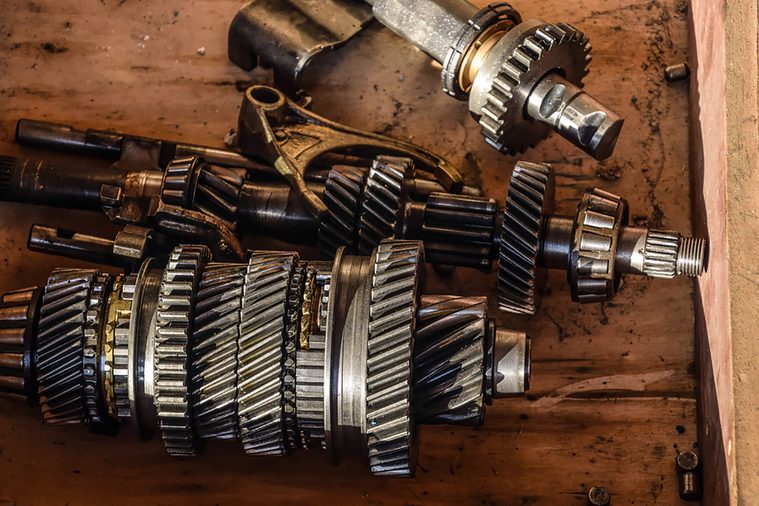
Brand name
The market is being flooded with cheap parts from China. Request a name-brand replacement and ask to see its box.
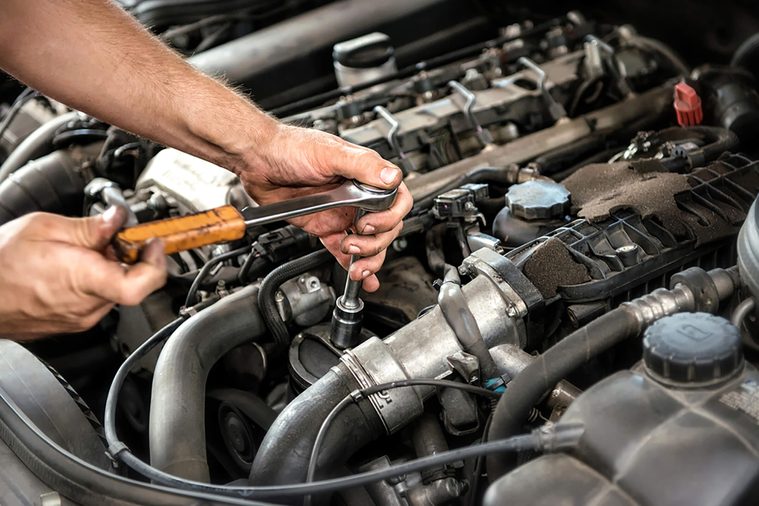
Onomatopoeia is encouraged
If your car is making weird noises, it’s better to swallow your pride and try to make the noise (no matter how goofy you think you sound) than attempt to describe it. You may think your description of the sound makes perfect sense, but the mechanic hasn’t heard it before like you have. “I’d rather hear a funny noise come out of you than waste time trying to figure out what you mean by ‘buzzing, but it’s like squishy if that makes sense,’” says Ryan, a Winnipeg car mechanic. Chances are, it won’t make sense.
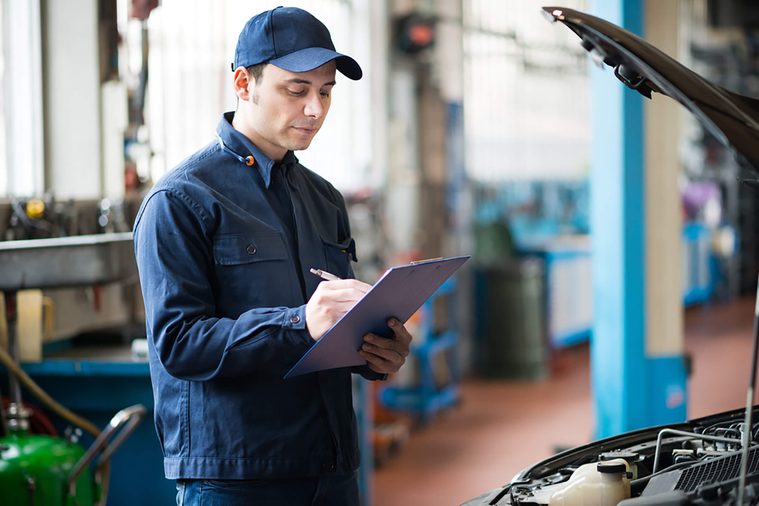
Things get overlooked
If the mechanic doing maintenance on your car is on a time constraint, they may not get to every little thing. Smaller tasks might get neglected or forgotten, such as “lubricating door hinges or latching mechanisms.” A Colorado car mechanic warns that, if tasks like these don’t get completed, “It doesn’t affect performance at that moment, but it can over time.” You might want to ask to confirm that even the smallest tasks have been seen to before you drive away. Check out this handy guide to little car repairs you can make without going to the shop.
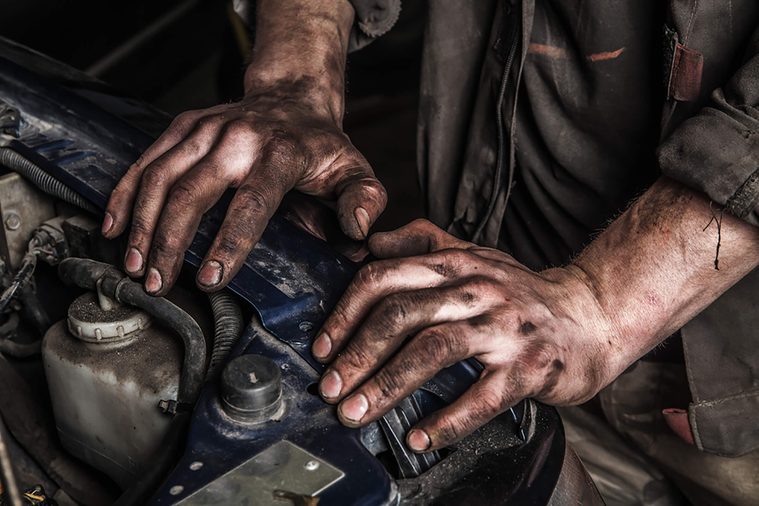
Mechanics get plenty banged up
While grievous injuries are uncommon, mechanics have seen their share of bumps and bruises. Hot oil spills are pretty common, and they’ve dropped heavy tools on their feet. And, yes, they’ve even been bumped by cars during test runs.
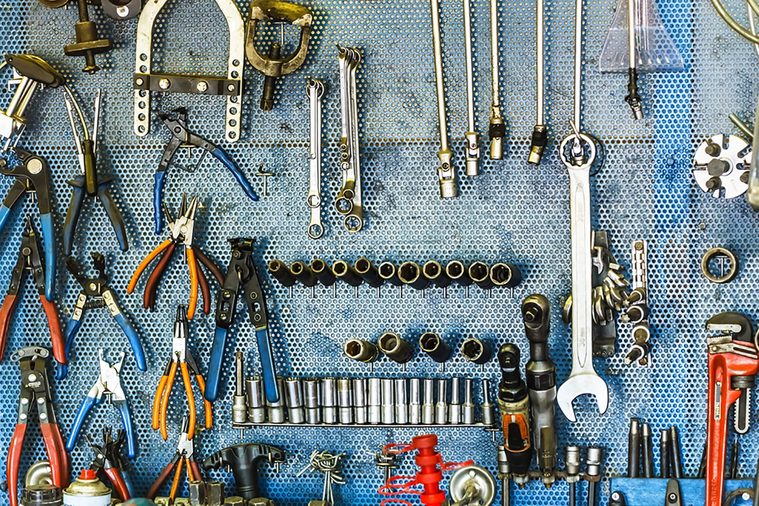
Dealerships vs. private shops
You may be inclined to support a small local shop rather than a massive dealer, but keep in mind that dealers often have access to resources that the small shops don’t. Charles, a car mechanic at a Volkswagen dealer, says, “There are a lot of resources we have access to that an independent place wouldn’t…A small shop isn’t going to spend $15,000 a year [for that data].” While local shops are great, just be aware that some model-specific information may not be available to them.
Sources: Gary Montesi, owner, Montesi Volkswagen, North Haven, Connecticut; Domenic DiSiena, manager, Bedford (New York) Shell; Bob Sikorsky, automotive writer, Tucson, Arizona; anonymous mechanics in Minnesota and New York; Mental Floss